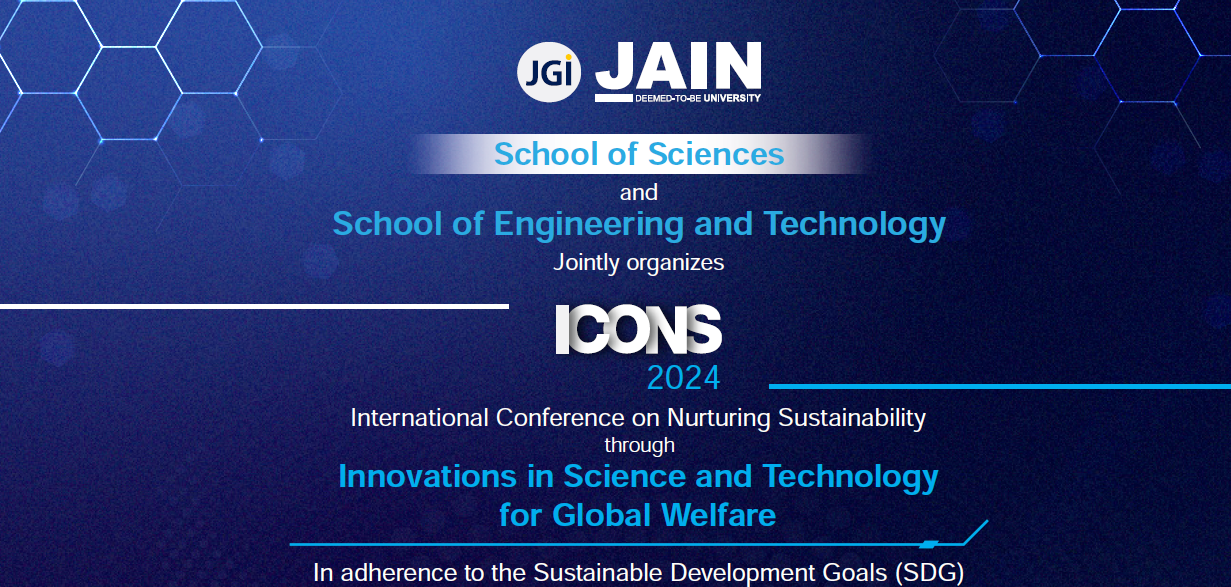Speaker
Description
A critical analysis on the reproductive health concerning “Debates on Surrogacy Regulation Act, 2021”
Objective: To critically analyze and study the concerns regarding reproductive health in respect to debates on surrogacy and role of modern protests in nonviolent resistance.
Specific Objectives:
1] To comparatively analyze the opinions on the debates of surrogacy.
2] To provide an overview on the effectiveness of India’s ban on commercial surrogacy.
3] To understand and study the purpose of protests surrounding surrogacy.
4] To suggest factors that could aid in solving problems surrounding this issue in adherence to SDG 3, 5, 10 and 16.
Abstract
In India, the topic of surrogacy has sparked significant debate and scrutiny, bringing the entire domain of assisted reproductive technologies into the spotlight. Controversies have arisen as the state has intervened to ensure that surrogacy practices adhere to ethical standards. To address these concerns, the Indian government enacted the Surrogacy (Regulation) Act, 2021, aimed at safeguarding women's reproductive rights. The legislation seeks to prohibit commercial surrogacy and support altruistic surrogacy, which involves no financial compensation beyond covering the surrogate mother's medical expenses and insurance. Additionally, bureaucratic challenges and the potential loss of revenue for the domestic surrogacy industry have fueled protests from advocacy groups and surrogate rights activists, highlighting the need for reforms to better balance regulation with the rights and needs of all parties involved.
“We believe very strongly that altruism in a patriarchal society like ours could lead to coercion,” says Sarojini N, founder of Sama, the Delhi-based group working on women’s health issues. Not remunerating a woman for reproductive labor is not enough to prevent exploitation, she argues. Bagri, N. T. (2021). A Controversial Ban on Commercial Surrogacy Could Leave Women in India With Even Fewer Choices. Retrieved September 6, 2024, from https://time.com/6075971/commercial-surrogacy-ban-india/
From a legal perspective, the Act has sparked concerns over ambiguities, particularly the ban on commercial surrogacy, which has created a gray area in legal practice and left many surrogates financially vulnerable. Clinicians have expressed concerns about the emotional and psychological toll on surrogate mothers, highlighting gaps in postnatal care and mental health support. These issues, while largely nonviolent, reflect deeper tensions in the public debate surrounding the Act, particularly in relation to symbolic or verbal violence reflecting broader societal inequalities.
This research, currently ongoing, employs semi-structured interviews to analyze the implications of the Act and its impact on prospective childless couples, single parents, and members of the LGBTQ community. The study adopts a qualitative approach, aiming to explore the nuanced perspectives of key stakeholders, including doctors, legal experts, and economically vulnerable women involved in surrogacy. With the support of both primary and secondary data, the research provides a broad view of the social, legal, and emotional challenges posed by the Act. Preliminary findings suggest that the Act complicates the surrogacy process, as true altruistic surrogacy may be unrealistic due to the challenges of finding a surrogate willing to provide services without compensation. This could potentially lead to under-the-table transactions. Additionally, the Act imposes restrictions on foreign couples, Indian couples with existing children, and limits options for the LGBTQ community and single parents.
The issue intersects with several Sustainable Development Goals (SDGs). The Surrogacy (Regulation) Act, 2021, touches on SDG 3 (Good Health and Well-being) by aiming to protect the health and rights of surrogate mothers, though its complexity might undermine this goal. SDG 5 (Gender Equality) is relevant as well, since while the Act seeks to address women's reproductive rights, it may inadvertently restrict choices for various groups. SDG 10 (Reduced Inequality) is impacted, as the legislation may exacerbate existing inequalities for LGBTQ individuals and single parents. Finally, SDG 16 (Peace, Justice, and Strong Institutions) is pertinent, highlighting the need for fair and transparent practices in reproductive technologies to prevent illegal transactions and ensure equitable access to surrogacy services.
Keywords: Altruistic surrogacy, SDG, Surrogacy Regulation Bill, Reproductive Rights, ART clinics

